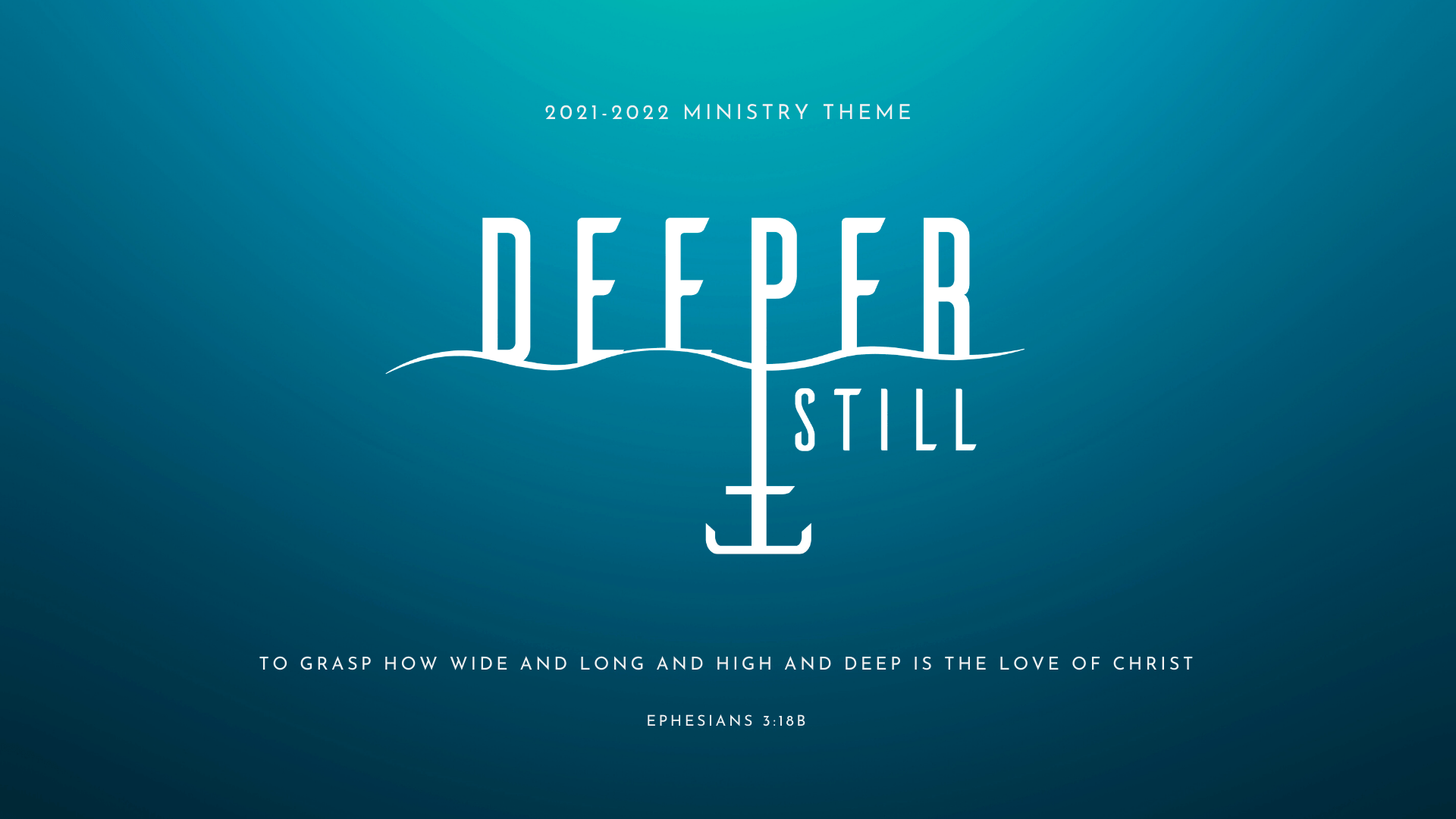This is a subtitle for your new post

The Problem: A Dividing Wall of Enmity and Hatred
In Ephesians 2:11-22, Paul famously uses the image of walls to describe the enmity and hatred for the "other" humankind has faced from the very beginning (see Genesis 3:15 and Ephesians 2:1-3). Even a glance at history across the ages and cultures comes back to "us vs. them," with many times terrifyingly destructive consequences.
The Solution: The Death of Christ on a Roman Cross
"But now in Christ Jesus" (Eph 2:13) marks the end of the "us vs. them." How is peace and reconciliation possible between people who are far apart on just about every issue? Through the sacrificial death of Jesus. Three times Paul repeats it (Ephesians 2: 13, 14, 16):
1. "You [the gentiles/nations] who once were far off have been brought near by the blood of Christ."
2. "He himself is our peace who has made us both one and broken down in his flesh the dividing wall of hostility (enmity/hatred)."
3. "...and might reconcile us both to God in one body through the cross, thereby killing the hostility."
This last part, "killing the hostility" (v. 16) is crucial. All the hatred of the world was poured out on Jesus on a Roman Cross. Through his substitutionary death, he put this very hatred to death. This is why Paul looks to Jesus when he addresses the visceral hatred in his own time that existed between Jews and Gentiles (and here fill in the blank with new ethnicities, through every century and every culture).
One New Human Race
In this charter text, Paul puts the emphasis not on our differences (do we need to enumerate them?) but on the miracle of unity in Christ among peoples who disagree on just about everything. In a language tied to the creation of Adam and Eve in the Garden, we who were estranged from each other have now been reconciled and have become one again "...that he might create in himself one new man [one new human race] in place of the two, so making peace" (v. 15). The stage is set here for the End game: a celebration of what brings us together. In Revelation 7, all the nations of the world are singing one song: the song of the Lamb who was slain: "Salvation belongs to our God who sits upon the throne, and to the lamb" (Rev. 7:10).
And the point is....
Paul's point is profound: We keep looking to the Cross in spite of competing opinions, cultures and ideologies. There isn't one dominant (or subservient) group here, but one cross-centered people of God by grace through faith.
If Paul's emphasis is on the cross, then we have our marching orders too. Jesus himself "came and preached peace to you who were far off and peace to those who were near" (Eph. 2:17). So we too preach the Gospel of Peace and Reconciliation with God through the Cross. In fact, there is no other Gospel but this Gospel of Peace with God! This is one of the few times that we can legitimately attach a descriptor to the word "gospel" (not "prosperity" not "social" or any other distortion): this gospel is one that brings peace with God, which brings us all together as one new creation in Christ.
Take an Inventory
If you are constantly picking up new battles with others and discovering new hills to die on regularly, are you really reconciled with God and have embraced His peace?
What kind of Gospel are you preaching? If it's not one of peace and reconciliation with God, then it's falling short of what Jesus himself preaches. Don't bring political, socio-economic, cultural, etc. answers to a problem that is spiritual in nature. To be sure, this Gospel of peace carries profound implications in every culture of the world, but peace starts through the work of Christ on the Cross.
If you have been at church any length of time, it sounds like a well-worn message. It may be a familiar one, but it is also one that is one of the least applied. Paul will discuss this at length in the next chapters of Ephesians.





